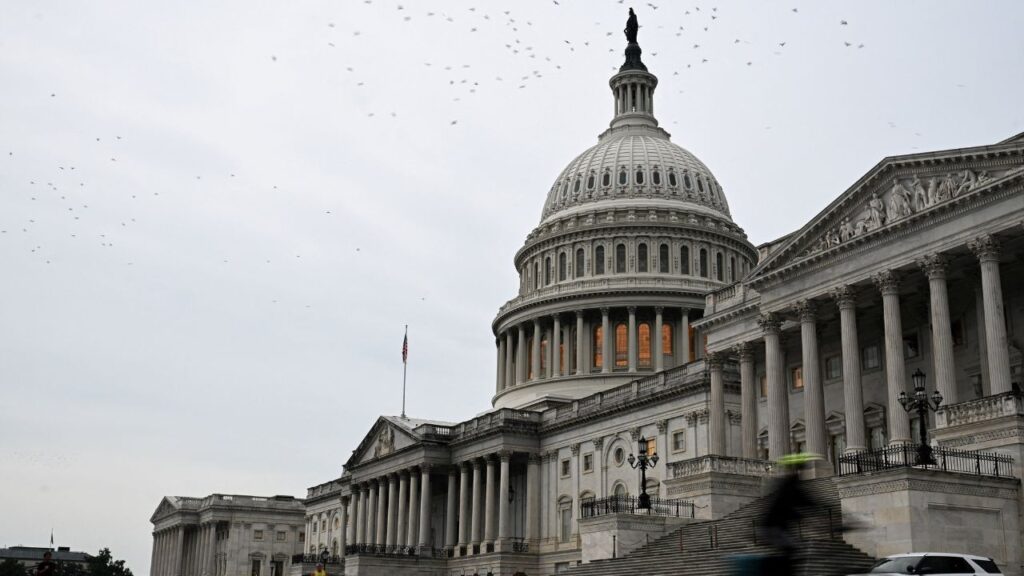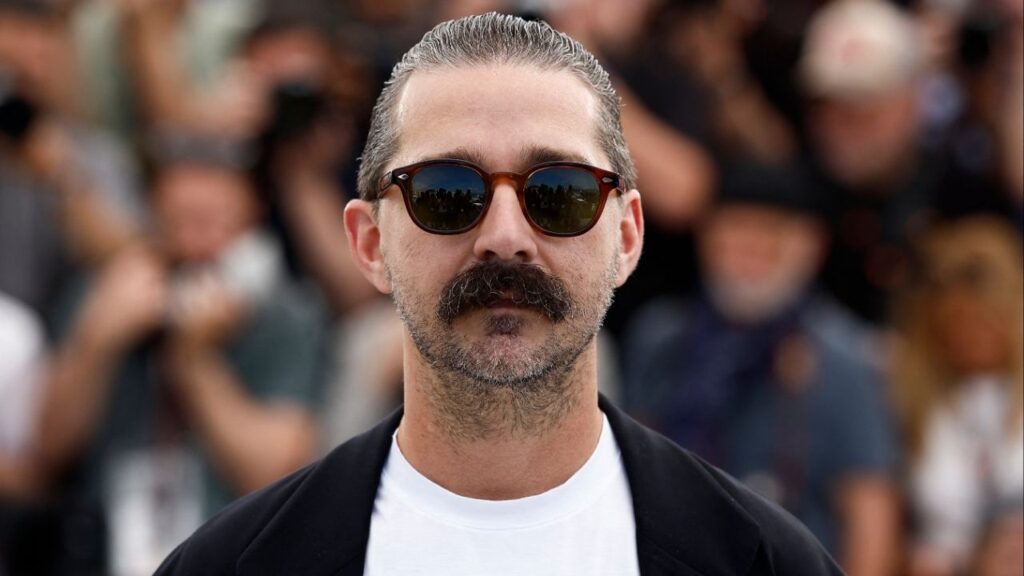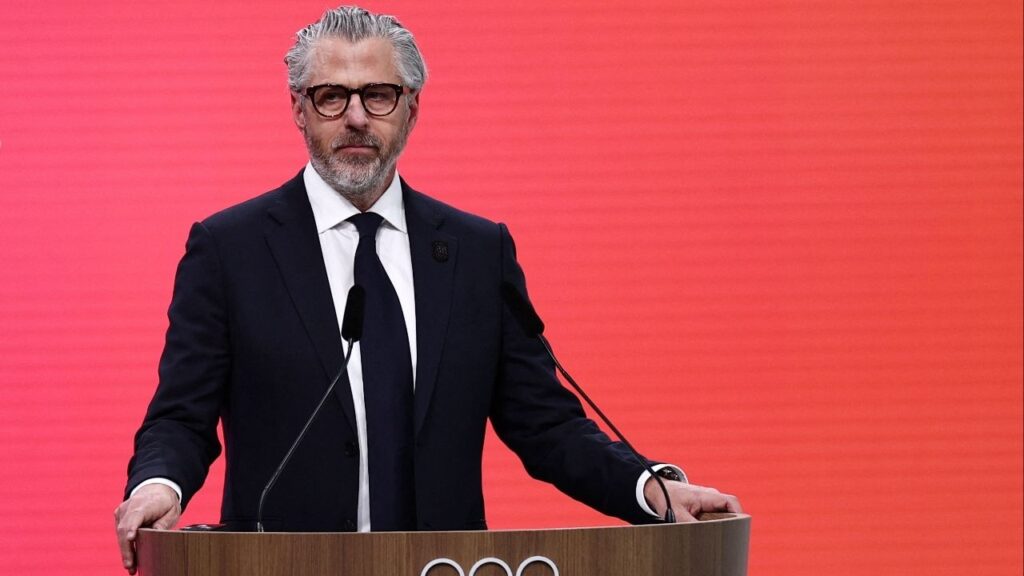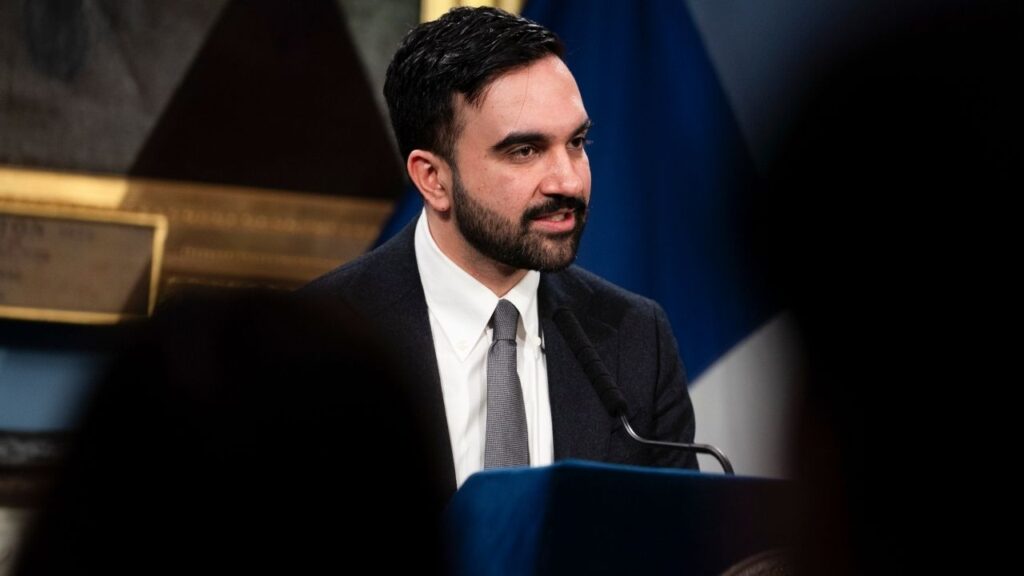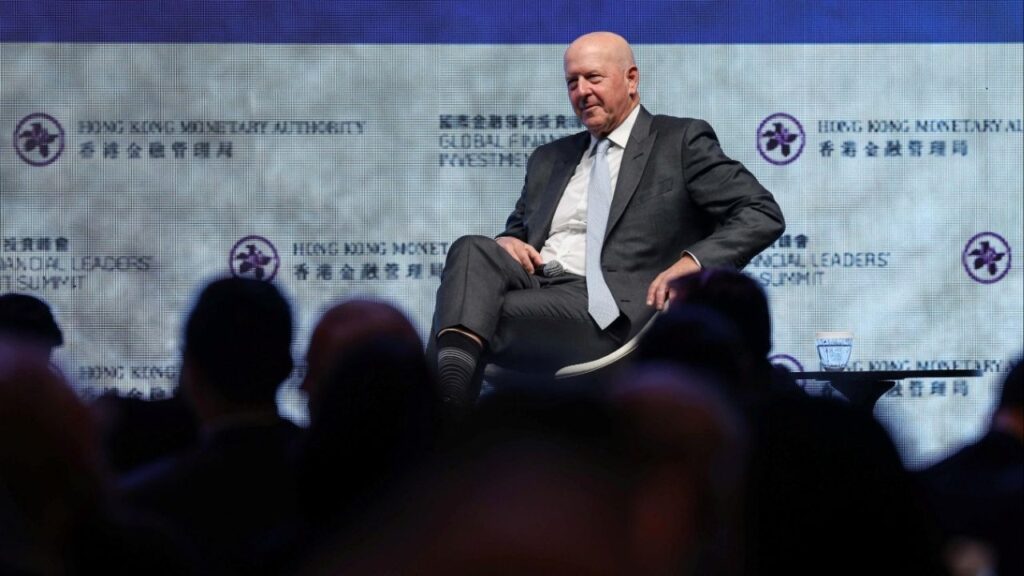Oscar-nominated filmmaker Morgan Spurlock, known for his critique of the fast-food industry in "Super Size Me," has passed away at 53 due to cancer complications. (AP File)

- Spurlock's unique filmmaking style combined humor, pathos, and direct confrontation.
- His work led to a surge in restaurants emphasizing freshness and ethical sourcing.
- Spurlock's career was marked by controversy, including a self-admitted history of sexual misconduct.
Share
|
Getting your Trinity Audio player ready...
|
NEW YORK — Documentary filmmaker Morgan Spurlock, an Oscar nominee whose most famous work skewered American food and diets and who notably ate only at McDonald’s for a month to illustrate the dangers of a fast-food diet, has died. He was 53.
Spurlock died Thursday in New York from complications of cancer, according to a statement issued Friday by his family.
“It was a sad day, as we said goodbye to my brother Morgan,” Craig Spurlock, who worked with him on several projects, said in the statement. “Morgan gave so much through his art, ideas, and generosity. The world has lost a true creative genius and a special man. I am so proud to have worked together with him.”
Spurlock made a splash in 2004 with his groundbreaking film “Super Size Me,” which was nominated for an Academy Award. The film chronicled the detrimental physical and psychological effects of Spurlock eating only McDonald’s food for 30 days. He gained about 25 pounds, saw a spike in his cholesterol and lost his sex drive.
“Everything’s bigger in America,” he said in the film. “We’ve got the biggest cars, the biggest houses, the biggest companies, the biggest food, and finally: the biggest people.”
In one scene, Spurlock showed kids a photo of George Washington and none recognized the Founding Father. But they all knew the mascots for Wendy’s and McDonald’s.
Related Story: Charlie Colin, Founding Member of Train, Dies at 58 After Slipping in Shower
Return with “Super Size Me 2: Holy Chicken!”
He returned in 2019 with “Super Size Me 2: Holy Chicken!” — a sober look at an industry that processes 9 billion animals a year in America. He focused on two issues: chicken farmers stuck in a peculiar financial system and the attempt by fast-food chains to deceive customers into thinking they’re eating healthier.
“We’re at an amazing moment in history from a consumer standpoint where consumers are starting to have more and more power,” he told The Associated Press in 2019. “It’s not about return for the shareholders. It’s about return for the consumers.”
Spurlock was a gonzo-like filmmaker who leaned into the bizarre and ridiculous. His stylistic touches included zippy graphics and amusing music, blending a Michael Moore-ish camera-in-your-face style with his own sense of humor and pathos.
“I wanted to be able to lean into the serious moments. I wanted to be able to breathe in the moments of levity. We want to give you permission to laugh in the places where it’s really hard to laugh,” he told the AP.
After he exposed the fast-food and chicken industries, there was an explosion in restaurants stressing freshness, artisanal methods, farm-to-table goodness and ethically sourced ingredients. But nutritionally not much had changed.
“There has been this massive shift and people say to me, ‘So has the food gotten healthier?’ And I say, ‘Well, the marketing sure has,’” he said.
Related Story: Jim Otto, ‘Mr. Raider’ and Pro Football Hall of Famer, Dies at 86
Other Works and Controversies
Not all his work dealt with food. Spurlock made documentaries about the boy band One Direction and the geeks and fanboys at Comic-Con. One of his films looked at life behind bars at the Henrico County Jail in Virginia.
With 2008’s “Where in the World is Osama bin Laden?” Spurlock went on a global search to find the al-Qaida leader, who was killed in 2011. In “POM Wonderful Presents: The Greatest Movie Ever Sold,” Spurlock tackled questions of product placement, marketing and advertising.
“Being aware is half the battle, I think. Literally knowing all the time when you’re being marketed to is a great thing,” Spurlock told AP at the time. “A lot of people don’t realize it. They can’t see the forest for the trees.”
“Super Size Me 2: Holy Chicken!” was to premiere at the Sundance Film Festival in 2017 but it was shelved at the height of the #MeToo movement when Spurlock came forward to detail his own history of sexual misconduct.
He confessed that he had been accused of rape while in college and had settled a sexual harassment case with a female assistant. He also admitted to cheating on numerous partners. “I am part of the problem,” he wrote.
“For me, there was a moment of kind of realization — as somebody who is a truth-teller and somebody who has made it a point of trying to do what’s right — of recognizing that I could do better in my own life. We should be able to admit we were wrong,” he told the AP.
Spurlock grew up in Beckley, West Virginia. His mother was an English teacher who he remembered would correct his work with a red pen.
He is survived by two sons — Laken and Kallen; his mother Phyllis Spurlock; father Ben; brothers Craig and Barry; and former spouses Alexandra Jamieson and Sara Bernstein, the mothers of his children.
RELATED TOPICS:
Categories








